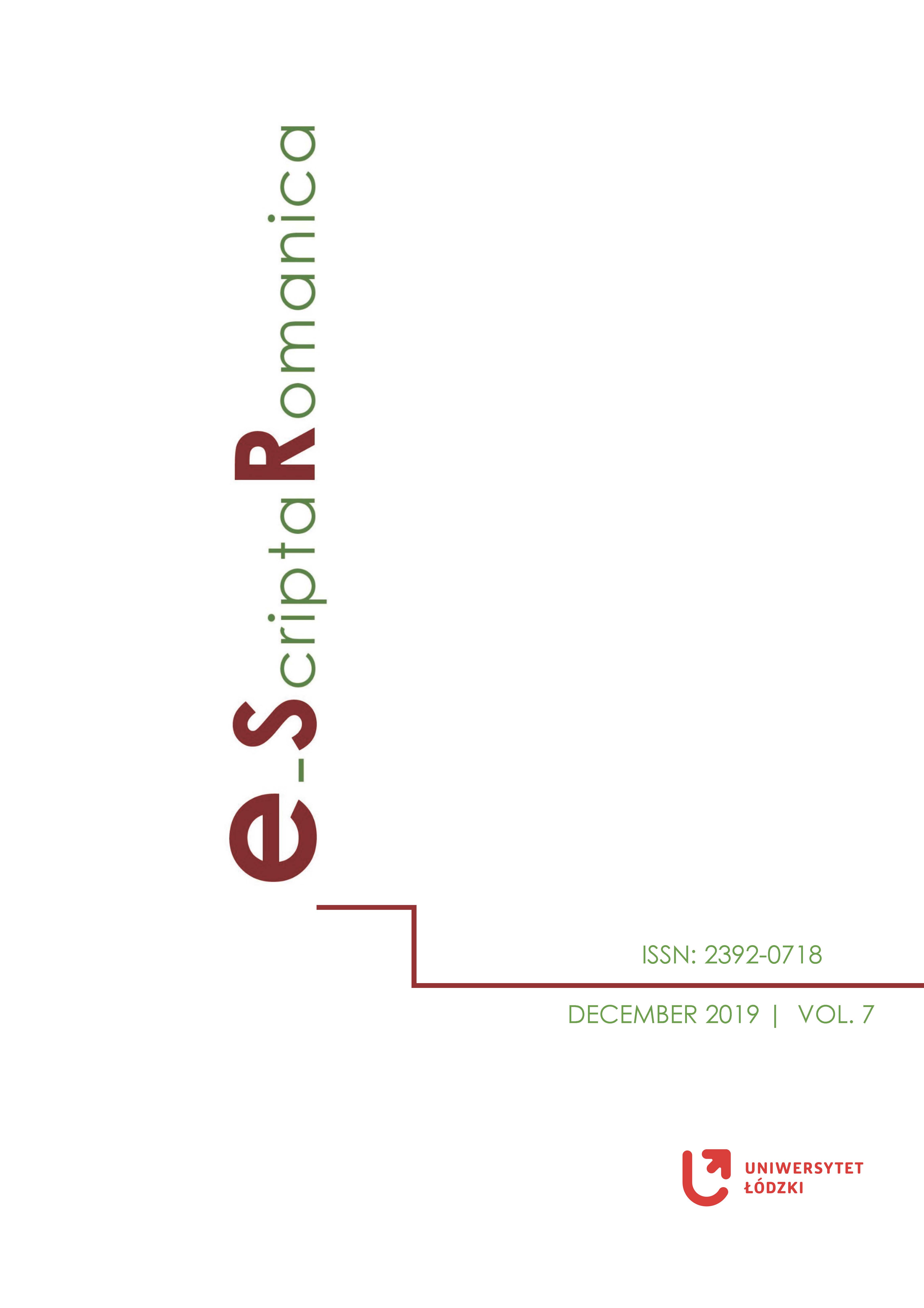La conceptualización lingüística del tabú en el discurso humorístico subversivo
The Linguistic Conceptualisation of Taboo in the Subversive Humorous Discourse
Author(s): Esther Linares BernabéuSubject(s): Language and Literature Studies, Applied Linguistics, Studies of Literature
Published by: Wydawnictwo Uniwersytetu Łódzkiego
Keywords: taboo; verbal humour; euphemistic communication;dysphemistic communication
Summary/Abstract: In this study, we analyse how taboos are a key strategy to go beyond boundaries in stand-up comedy. In fact, apart from prompting the audience’s laughter and applause, taboos and dewiant topics are also crucial to subvert the status quo (Mintz, 1985). In this sense, we start from the general hypothesis that the comedians under analysis conceptualise taboos related to their gender identity, through euphemisms, dysphemisms and ortophemisms, in order to break with certain roles associated to women. Further, as a second hypothesis, we claim that the percentage of taboo topics in each stand-up routine is linked to the humorous style of each comedian and so we will encounter with dissimilar numbers. Consequently, this research examines the linguistic expression of taboo through ortophemistic, dysphemistic and euphemistic communication in a corpus that gathers 15 stand-up routines, which have been divided into 504 humorous sequences, and that were performed by 15 female stand-up comedians. Findings show that stand-up comedy provides the public and space needed to subvert taboos, and in the case of female subversive comedy, it also helps to break with certain stigmas and heteronormative standards regarding their gender identity.
Journal: e-Scripta Romanica
- Issue Year: 2019
- Issue No: 7
- Page Range: 79-96
- Page Count: 18
- Language: Spanish

